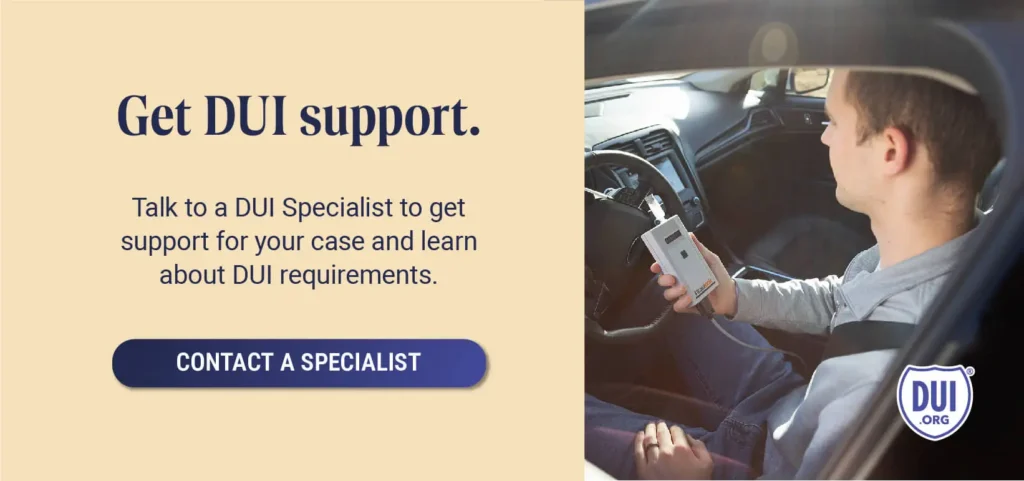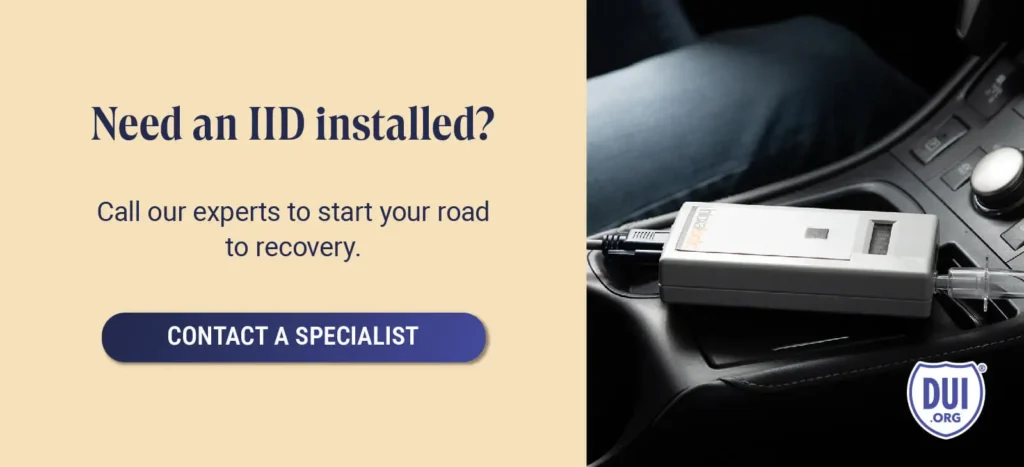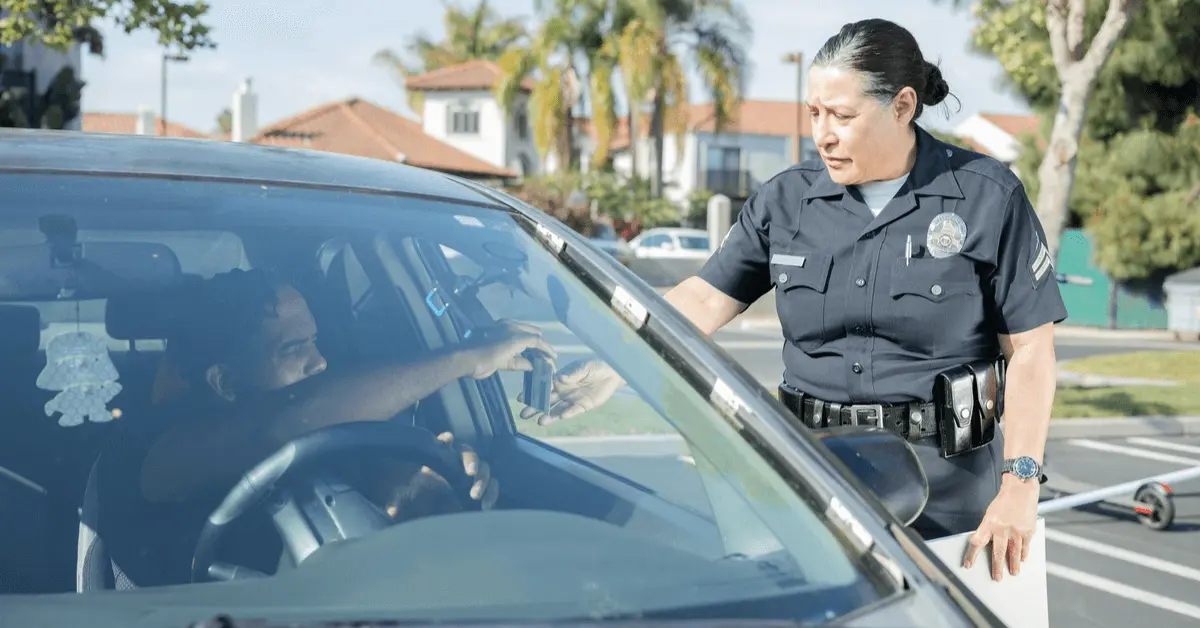Commercial drivers hold a huge responsibility on the road. There are 3.9 million CDL (Commercial Driver’s License) holders in the United States, and they transport 72% of the nation’s freight, including food, construction materials, and other vital goods. Whether they are driving long-haul trucks, buses, or heavy equipment, these drivers face unique challenges that go beyond what non-commercial drivers encounter. Their cargo can be dangerous if mishandled, and in the case of bus drivers, they are responsible for the safety of their passengers.
Given these high stakes, DUI laws are stricter for CDL drivers, with more severe consequences, especially if convicted of a DUI in a commercial vehicle.
DUI Standards for CDL Holders
The Federal Motor Carrier Safety Administration (FMCSA) enforces strict DUI regulations for CDL holders. These rules are more stringent than the standards for non-commercial drivers. Here’s how they differ:
- Lower BAC Limit: For non-commercial drivers, the legal limit is a blood alcohol concentration (BAC) of .08%. However, CDL holders face a much lower limit of .04%, regardless of whether they are driving a commercial vehicle or their personal vehicle.
- Random Alcohol Testing: CDL drivers may be randomly tested for alcohol at any time. Testing is also required after accidents or if an employer suspects alcohol use. CDL holders who violate the rules and want to return to work may be required to undergo additional testing.
- Mandatory Waiting Period After Drinking: CDL holders are legally required to wait at least four hours after consuming alcohol before driving any vehicle.
- Drug Testing: Random drug tests are common for CDL drivers as part of their employment conditions.
- Penalties for Refusing to Test: Refusing a test is treated as an automatic DUI conviction, often resulting in the same penalties as a failed test.
These higher standards exist due to the greater risks CDL drivers face on the job. Violating them can result in serious penalties, including suspension or revocation of the CDL, job loss, and more and more severe consequences if convicted of a DUI in a commercial vehicle.

DUI Penalties for CDL Holders
DUI penalties for CDL holders are similar to those for regular drivers, but the consequences are often more severe due to the nature of their work. If a CDL holder is convicted of a DUI in a commercial vehicle—or even in their personal vehicle—they may face:
- Fines: DUI fines can range from a few hundred to several thousand dollars, depending on the specifics of the case, such as if there were injuries, fatalities, or a high BAC level.
- Community Service or Jail Time: Some states mandate jail time for DUI convictions. In many cases, this time can be served through community service.
- License Suspension: A suspended CDL can be devastating, as it affects the driver’s ability to work. Some states permanently revoke a CDL after a DUI in a commercial vehicle, and even if the license is not revoked, many employers won’t allow drivers to return after a DUI.
- Required Employer Notification: CDL holders must notify their employer of a DUI conviction within 30 days, even if it occurred while driving a personal vehicle.
- Off-Duty Consequences: A DUI conviction while off-duty still impacts a CDL holder’s career. A suspended CDL means they cannot work, and finding new employment in the industry may be difficult.
Steps to Take After a DUI in a Commercial Vehicle
If you drive for a living and have been convicted of a DUI in a commercial vehicle, it’s important to act quickly and efficiently to minimize the impact. Here’s what you should do:
- Contact an Attorney: DUI cases involving CDL holders can be complex, and having legal representation is crucial. DUI.org can help you find an experienced DUI attorney in your area who understands the specific challenges CDL holders face.
- Notify Your Employer: You are legally required to inform your employer of a DUI within 3o days. Be prepared for the potential consequences, such as suspension, demotion, or termination.
- Reach Out to DUI.org State Specialists: Our state specialists can guide you through the process of dealing with a DUI. They can provide valuable resources, explain the process in your state, and help you understand what to expect.
- Seek Support: A DUI conviction can affect your career, financial stability, and personal life. Don’t hesitate to reach out to friends, family, or professional support systems to help you navigate this difficult time.
By taking these steps, you can manage the fallout from a DUI in the best possible way.
Ignition Interlock Devices (IID)
In many cases, DUI convictions result in a requirement to install an ignition interlock device (IID). These devices prevent your vehicle from starting unless you pass a breath alcohol test. If you need an IID, DUI.org can help you navigate the installation process and find the best solution for your needs.
For more information or assistance getting an authorized IID installed, DUI.org specialists are available to assist you 24/7. We’re here to support you every step of the way, from finding an attorney to understanding your legal obligations and getting you back on the road safely after a DUI in a commercial vehicle.















